Deutsch Wort Helfer - German Vocabulary Learning Aid

Hallo! What German word can I help you with today?
Empowering Language Mastery with AI
Define 'Lebensfreude'.
Usage and structure of 'erzählen'?
How does 'Brücke' differ in German and English?
Cultural insights on 'Fasching'?
Get Embed Code
Overview of Deutsch Wort Helfer
Deutsch Wort Helfer is a specialized assistant designed to aid in learning the German language, specifically focusing on vocabulary. It provides detailed analyses of German words, covering aspects such as meanings, usage, linguistic structure, etymology, comparisons with English, cultural context, example sentences, memory tips, related vocabulary, and grammatical features like gender, plural forms, and verb conjugations. Its purpose is to facilitate a deeper understanding and retention of German vocabulary by providing comprehensive, context-rich information. Powered by ChatGPT-4o。

Key Functions of Deutsch Wort Helfer
Meaning and Usage Analysis
Example
Explaining 'Gemütlichkeit', a word describing a state of coziness and contentment. It's often used in social settings to convey a warm, friendly atmosphere.
Scenario
A learner comes across 'Gemütlichkeit' in a book and wants to understand its usage in everyday German.
Linguistic Structure and Etymology
Example
Breaking down 'unbefangen' into 'un-' (a negation prefix), 'befangen' (biased or self-conscious), explaining its origin from Middle High German.
Scenario
A student studying German linguistics is curious about the origins and structure of complex words.
Cultural Context
Example
Describing how 'Kaffeeklatsch' reflects the German tradition of gathering for coffee and conversation.
Scenario
A cultural enthusiast wants to understand how certain words capture specific aspects of German culture.
Example Sentences
Example
Creating sentences like 'Der Himmel ist heute sehr blau' to illustrate the use of the word 'Himmel' (sky).
Scenario
Someone practicing sentence formation needs examples to see how new words fit into daily communication.
Memory Tips
Example
Associating 'Schmetterling' (butterfly) with its unique sound and visual imagery to aid memorization.
Scenario
A beginner in German struggles to remember and recall new vocabulary.
Additional Vocabulary
Example
Providing synonyms and antonyms for 'schnell' (fast), like 'langsam' (slow).
Scenario
An advanced learner wants to expand their vocabulary beyond basic words.
Grammatical Features
Example
Detailing that 'Mädchen' is neuter (das Mädchen) and its plural form is 'Mädchen'.
Scenario
A learner is confused about the gender and pluralization of certain German nouns.
Verb Conjugation
Example
Conjugating 'laufen' (to walk) in present tense: ich laufe, du läufst, er/sie/es läuft, etc.
Scenario
A student is preparing for a German test and needs to practice verb conjugations.
Target User Groups for Deutsch Wort Helfer
German Language Learners
Individuals at various stages of learning German, from beginners to advanced, who seek a deeper understanding of vocabulary, its usage, and nuances.
Students and Educators
Students studying German language or literature, and educators who teach German, can utilize this tool for educational purposes, homework assistance, and lesson planning.
Language Enthusiasts and Cultural Researchers
Those interested in linguistic studies, German culture, and etymology, who want to explore the language in a cultural and historical context.
Professionals and Expatriates
Professionals working with German-speaking clients or colleagues, and expatriates living in German-speaking countries, needing practical language assistance.
Travelers and Casual Learners
Travelers planning to visit German-speaking regions and casual learners with an interest in picking up basic German phrases and vocabulary.

Using Deutsch Wort Helfer: A Step-by-Step Guide
Step 1
Access the tool by visiting yeschat.ai for a free trial, no login or ChatGPT Plus subscription required.
Step 2
Input a German word or phrase you wish to learn about in the provided text box.
Step 3
Review the comprehensive analysis provided, including meanings, usage, etymology, and more.
Step 4
Utilize the example sentences and memory tips to reinforce learning.
Step 5
Explore additional vocabulary, verb conjugations, and cultural insights for a deeper understanding.
Try other advanced and practical GPTs
PivotMySaas because Sam killed it
Revitalize Your SaaS with AI Insight
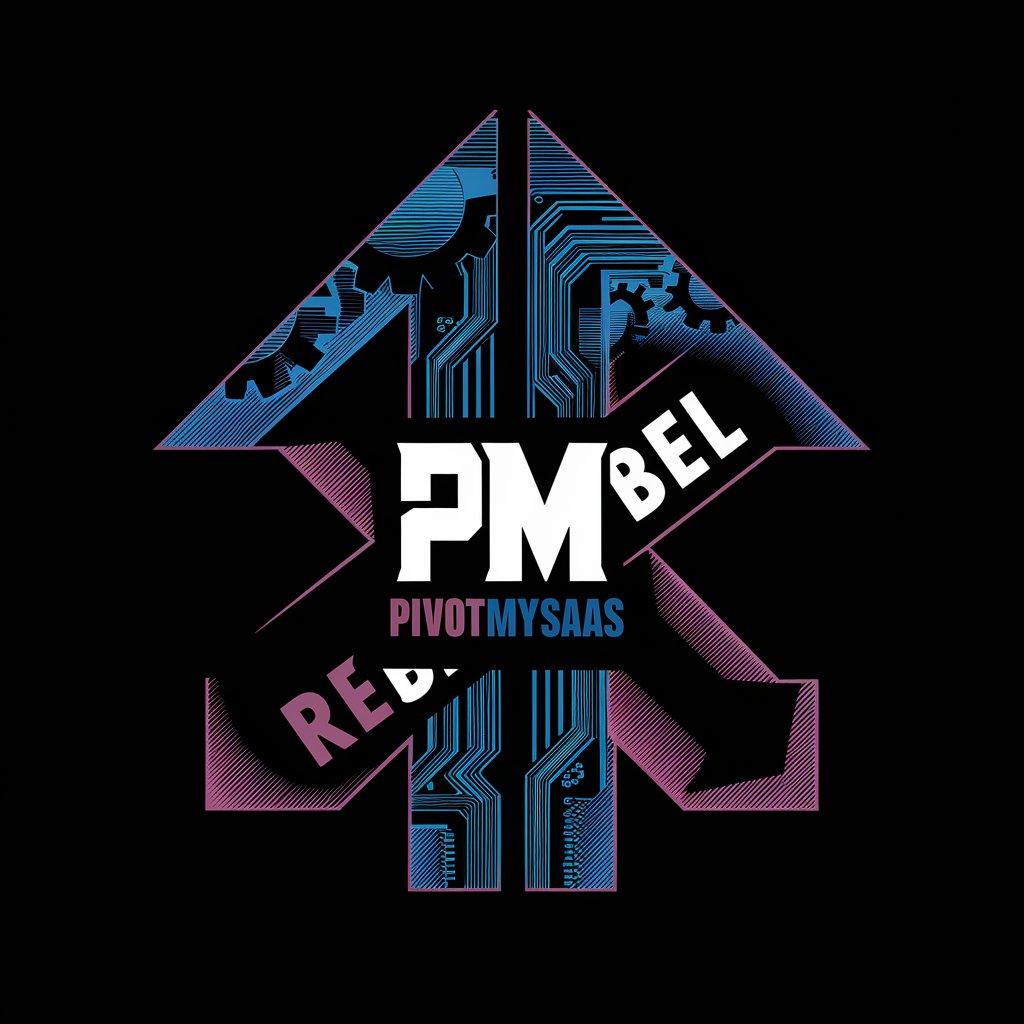
Post Craft
Empowering Your Social Media Voice with AI
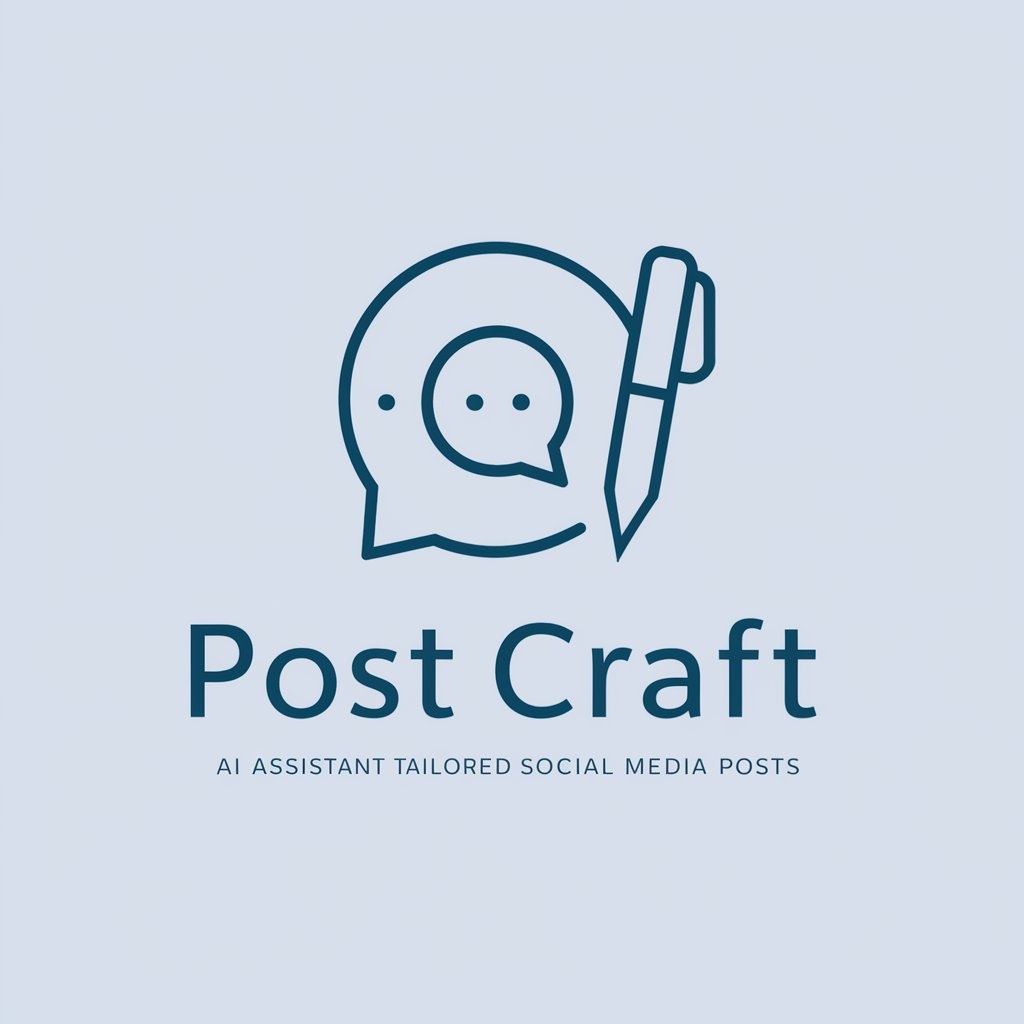
Echoes of Eden: Your Guide to the Bible (KJV)
AI-Powered Insights into the Bible

Chapter Enhancer
Elevate Your Writing with AI Creativity
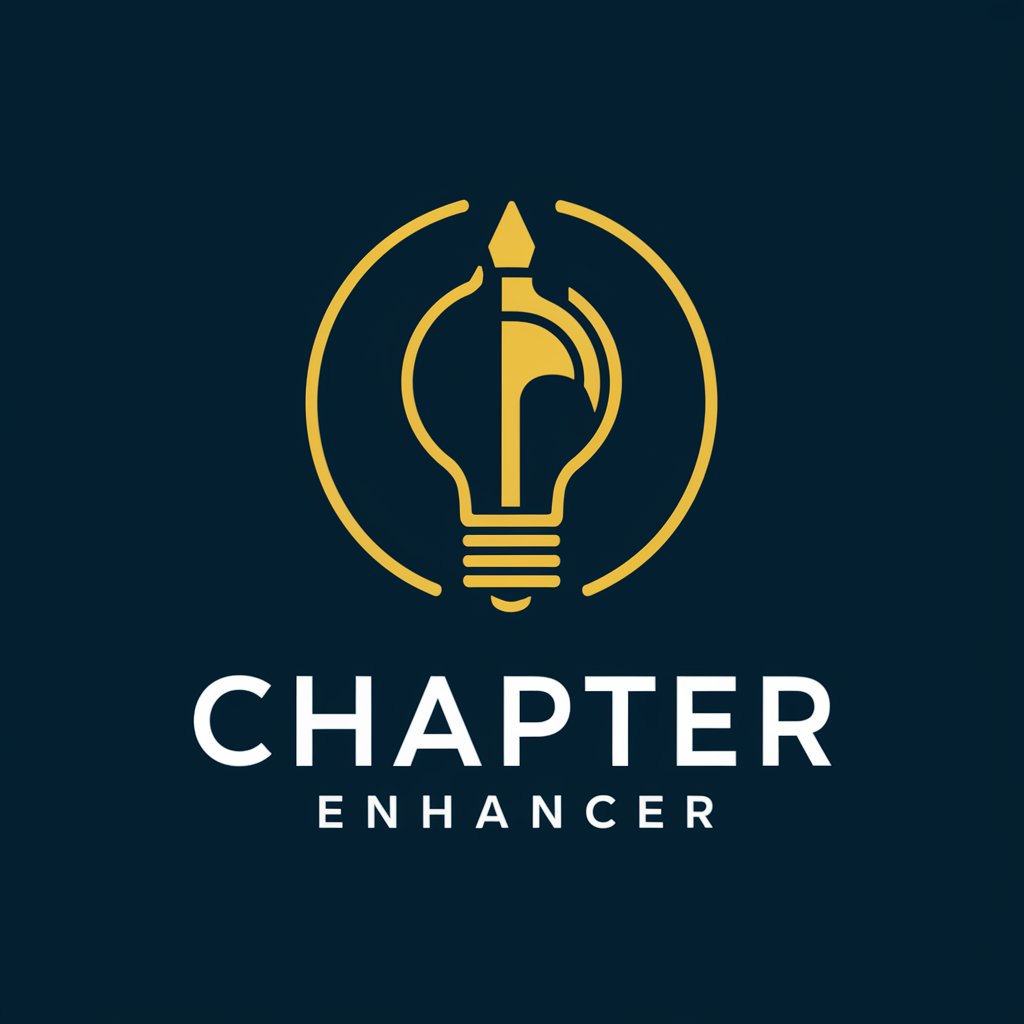
Time Travel to 2050
Explore Tomorrow, Today

ツンデレ先生ちゃん
Learn with a Tsundere Twist

MagicUnprotect
Unraveling Malware Mysteries with AI

BEAR
Streamlining Complexity with AI
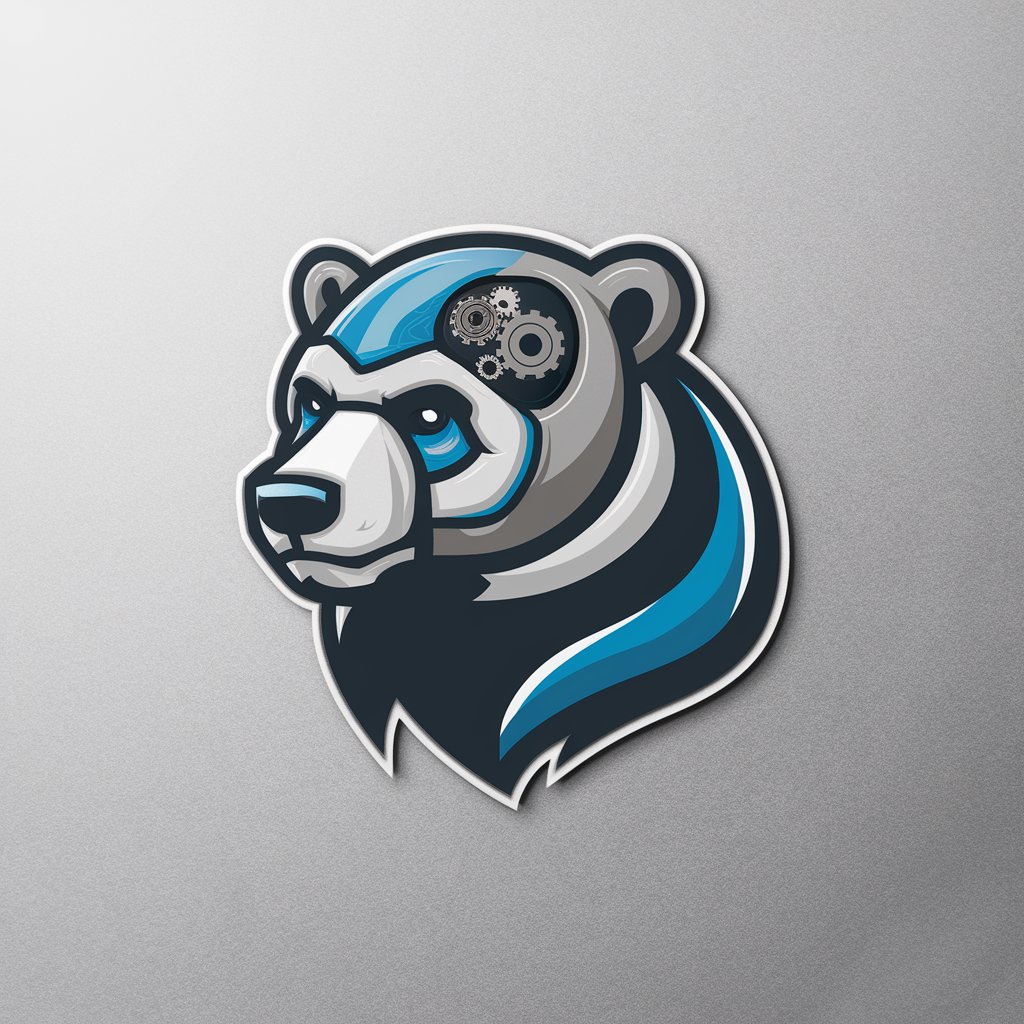
Starwatcher pitch deck analyzer
Revolutionize Your Pitch with AI Insight
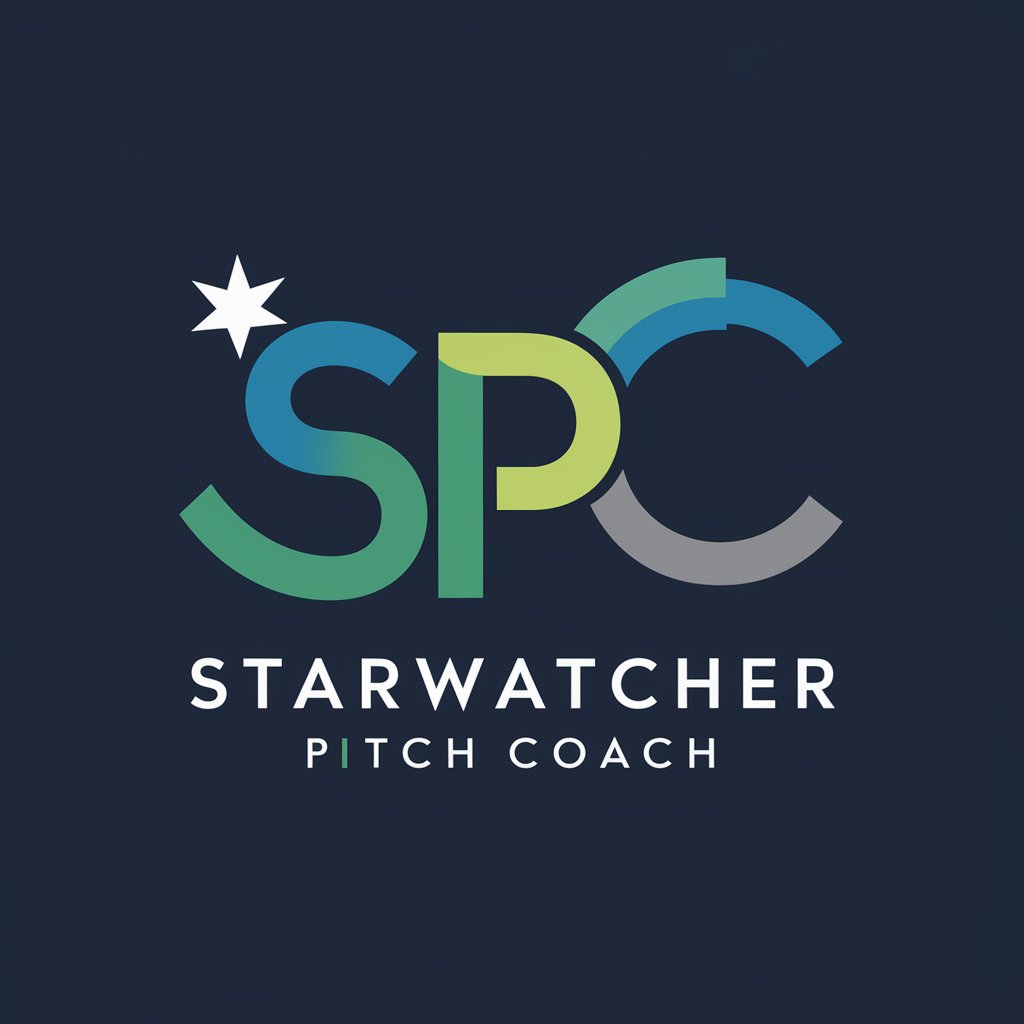
Hello World Bot
Bringing Joy with Every 'Hello World'

Market Maven
Empowering Your Investment Journey with AI

SF AI Weekly
Discover AI events, empower networking.

Frequently Asked Questions about Deutsch Wort Helfer
Can Deutsch Wort Helfer help with understanding complex German grammar?
Yes, it provides detailed linguistic analyses of German words, including grammar, structure, and usage in various contexts.
Does this tool offer comparisons with English vocabulary?
Indeed, it highlights similarities and differences between German and English words, aiding in easier comprehension for English speakers.
Are there any cultural insights provided by Deutsch Wort Helfer?
Yes, relevant cultural contexts and nuances associated with certain German words are provided, enhancing understanding beyond mere translations.
How can Deutsch Wort Helfer assist in expanding my German vocabulary?
It offers additional vocabulary, synonyms, and antonyms related to your query, broadening your linguistic knowledge.
Does the tool provide conjugation information for German verbs?
Yes, it includes present tense conjugations and identifies whether a verb is separable or inseparable.
